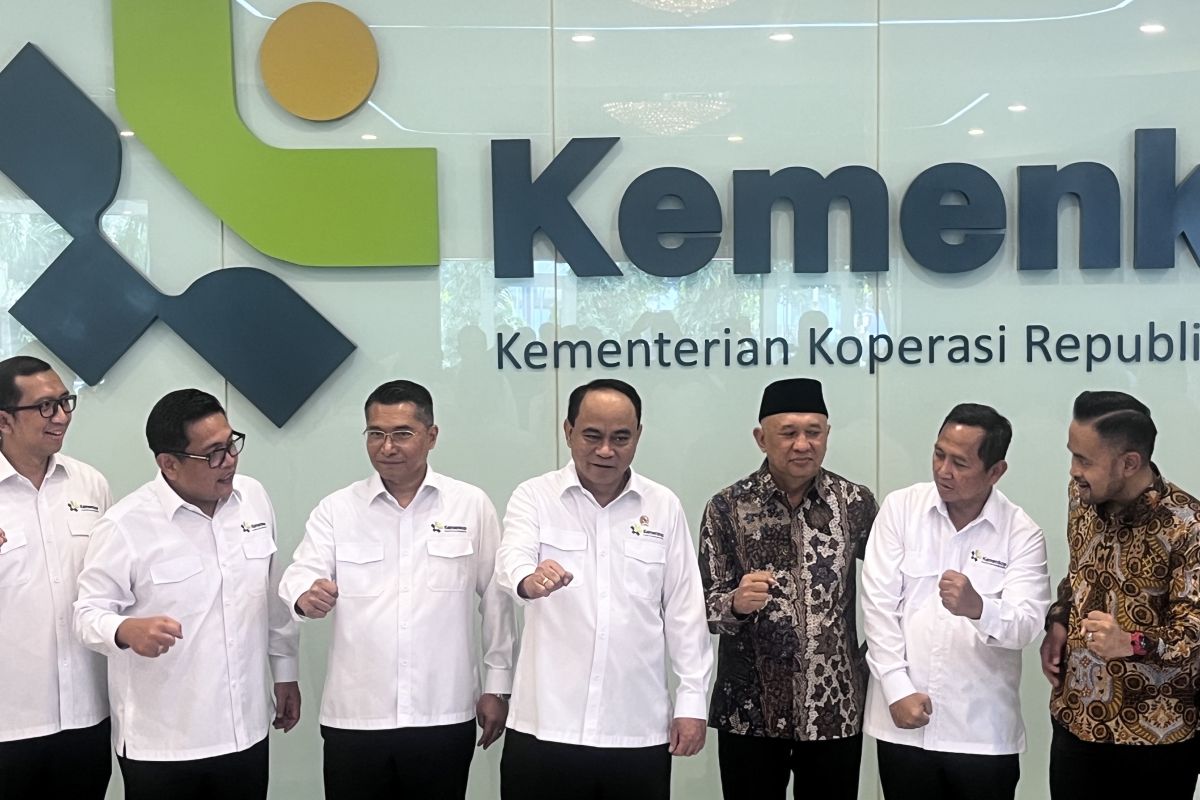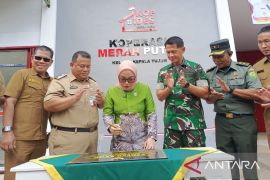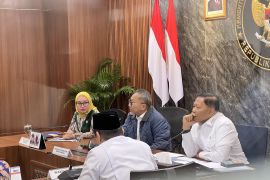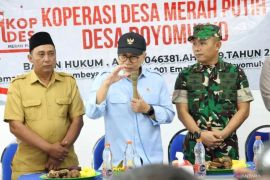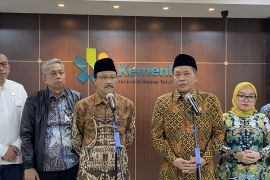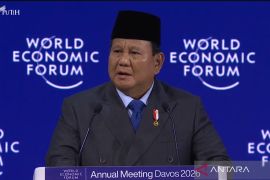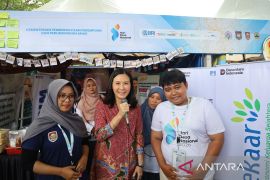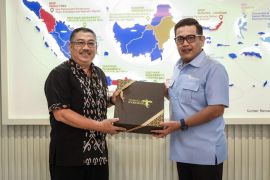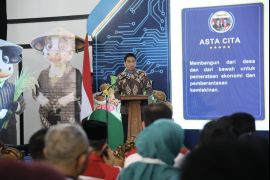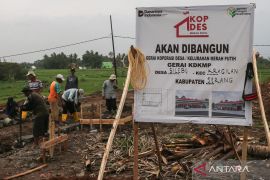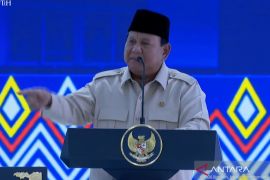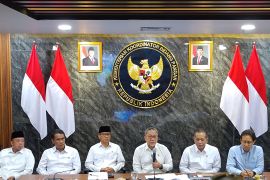“Public enthusiasm is very strong. The fact that over 80 thousand village cooperatives have been established in a relatively short period shows this,” he added during a doorstop interview after the 78th National Cooperatives Day (Harkopnas) ceremony in Jakarta on Saturday.
The ceremony was held at the headquarters of the Ministry of Cooperatives.
So far, nearly 80,500 villages and urban wards have formed their own village/sub-district cooperatives (Kopdes/Kelurahan Merah Putih) through special village assemblies (musyawarah desa khusus or musdesus).
Of these, more than 77 thousand cooperatives have obtained legal status from the Ministry of Law and Human Rights.
“There are 103 cooperatives that have been selected as pilot models,” Setiadi informed.
The Ministry of Cooperatives has developed a 2025–2029 road map for the Red and White Village/Urban Cooperatives to turn them into drivers of national economic growth that begins at the village level. The road map outlines phased and measurable development stages.
In 2025, the focus will be on legalizing cooperative entities, building support infrastructure, implementing digital systems, and enhancing cooperative human resource capacity.
By 2026, the cooperatives will begin strengthening their operations through business development based on local potential. This is intended to harness the unique resources and characteristics of each village to create added economic value from local priority sectors.
Related news: Cooperatives Day reminder to develop economy from grassroots up: govt
In 2027, the program will enter the network consolidation phase to expand outreach and strengthen inter-cooperative collaboration. Attention will also shift to downstreaming cooperative products to increase their market value and expand their reach.
In 2028, cooperatives are expected to develop export-oriented flagship products, which can compete in global markets and unlock broader economic opportunities for rural communities.
By 2029, the ministry is targeting the emergence of self-sustaining economic pillars in villages, with cooperatives serving as the core drivers of national economic development.
“We do not want cooperatives to be seen as a makeshift program. They must become part of our identity. This is truly a people-driven initiative, and we need time to finalize its road map and grand design,” Minister Setiadi emphasized.
Related news: Indonesia needs independent, sustainable cooperatives: Setiadi
Translator: Baqir, Azis Kurmala
Editor: Rahmad Nasution
Copyright © ANTARA 2025
